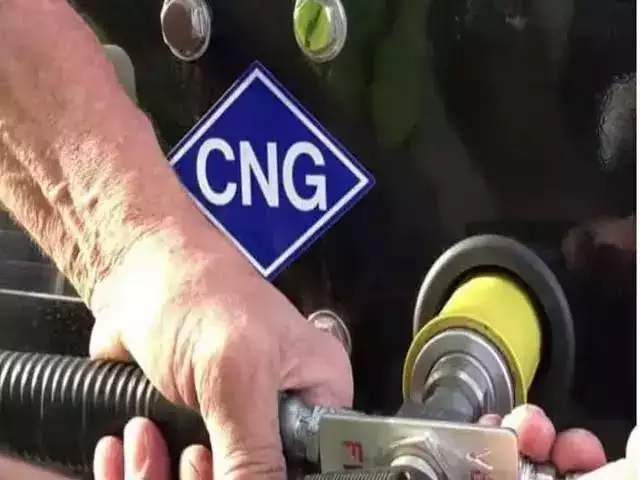 While PNG (piped natural gas) service is maintained fully with government-controlled gas, the allocation for the CNG segment varies in accordance with variation in production.
While PNG (piped natural gas) service is maintained fully with government-controlled gas, the allocation for the CNG segment varies in accordance with variation in production. Supply of cheap gas from legacy fields to Indraprastha Gas Ltd (IGL) will rise 31%, a move that will stave off an increase in CNG (compressed natural gas) prices in Delhi and its immediate suburbs in the run-up to the assembly polls.
Central gas aggregator GAIL will raise supplies from January 16 as additional volumes of legacy gas freed up by the Centre for city gas operators becomes available. This will raise the share of legacy gas from 37% to 51% for IGL’s CNG segment, mitigating the losses resulting from two rounds cuts — 21% in October and 20% in November.
It will have a positive impact on profitability, IGL informed stock exchanges on Thursday. The company’s share closed 3% higher at INR 418.7 after hitting the day’s high at INR 419 on the National Stock Exchange.
IGL, Mumbai’s MGL and Adani-Total Gas pressed the government for green signal to raise CNG prices because the reduction in legacy gas volumes began pinching their margins as input costs rose from costlier supplies used for bridging the shortfall.
But as the development came just ahead of the Maharashtra election, MGL did not get the green light. IGL was also in the same boat. It was only after MGL raised CNG prices days after the Maharashtra election that IGL — and others — revised prices in cities other than Delhi, which is going to polls in February.
IGL had been running up losses of INR 6/7 per Kg after the reductions in legacy volumes as share of costlier gas rose. Gas produced from fields given to public sector oil companies without bidding cost less than imported supplies (LNG) or auctioned fields as the government controls the pricing and distribution.
While PNG (piped natural gas) service is maintained fully with government-controlled gas, the allocation for the CNG segment varies in accordance with variation in production. The shortfall in cheap gas is bridged with costlier LNG, often bought from the spot market, leading to losses in the absence of consumer price revision.
